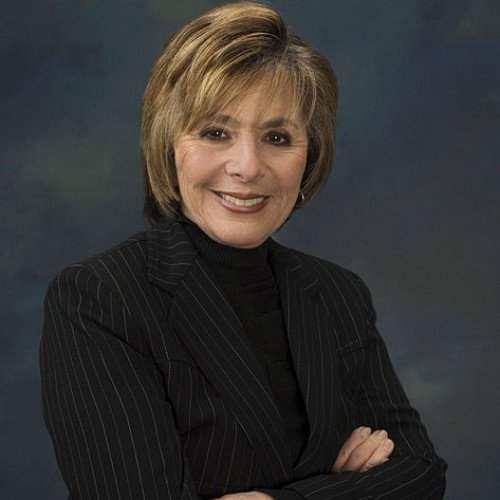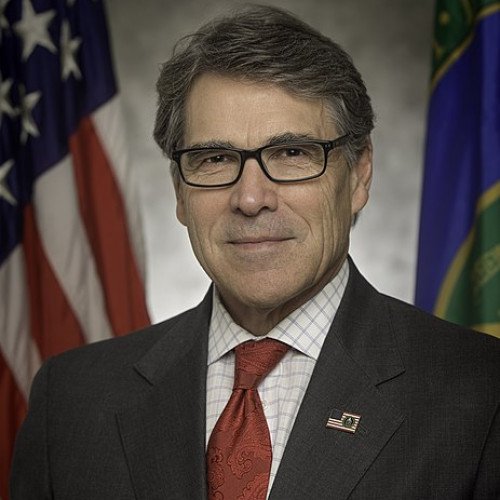Barbara Boxer VS Rick Perry

Barbara Boxer
Barbara Sue Levy Boxer (born November 11, 1940) is a retired American politician and lobbyist who served as a United States Senator from California from 1993 to 2017. A member of the Democratic Party, she previously served as the U.S. Representative for California's 6th congressional district from 1983 until 1993. Born in Brooklyn, New York City, Boxer graduated from George W. Wingate High School and Brooklyn College. She worked as a stockbroker for several years before moving to California with her husband. During the 1970s, she worked as a journalist for the Pacific Sun and as an aide to U.S. Representative John L. Burton. She served on the Marin County Board of Supervisors for six years and became the board's first female president. With the slogan "Barbara Boxer Gives a Damn", she was elected to the United States House of Representatives in 1982, representing California District 6. Boxer won the 1992 election for the U.S. Senate. Running for a third term in 2004, she received 6.96 million votes, becoming the first person to ever get more than 6 million votes in a Senate election and set a record for the most votes in any U.S. Senate election in history, until her colleague, Dianne Feinstein, the senior senator from California, surpassed that number in her 2012 re-election. Boxer and Feinstein were the first female pair of U.S. Senators representing any state at the same time. Boxer was the ranking member of the Environment and Public Works Committee and the vice chair of the Select Committee on Ethics. She was also the Democratic Chief Deputy Whip. Boxer did not seek re-election in 2016. She was succeeded by former California Attorney General Kamala Harris. In January 2020, Boxer joined Washington, D.C.-based lobbying firm Mercury Public Affairs as co-chairwoman.
Statistics for this Xoptio

Rick Perry
James Richard "Rick" Perry (born March 4, 1950) is an American politician who served as the 14th United States Secretary of Energy from 2017 to 2019 and as the 47th Governor of Texas from 2000 to 2015. Perry also ran unsuccessfully for the Republican nomination for President of the United States in the 2012 and 2016 elections. Born into a family of cotton farmers in Haskell, Texas, Perry graduated from Texas A&M University in 1972 and entered into the United States Air Force, serving a five-year stint and achieving the rank of captain. After leaving the Air Force in 1977, Perry returned to Texas and entered politics, serving as a Democratic member of the Texas House of Representatives from 1985 to 1991. In 1989, Perry switched parties and became a Republican, and was elected Agriculture Commissioner of Texas the following year. In 1998, Perry was elected Lieutenant Governor of Texas, becoming the state's first Republican Lieutenant Governor since Reconstruction. Perry assumed the governorship of Texas in December 2000, after Governor George W. Bush resigned following his election as President. Perry was re-elected Governor three times, becoming the longest-serving Governor in Texas history. As Governor, Perry identified as a staunch conservative, enacting conservative fiscal policies, restrictions on abortion and expanded gun rights. Long considered a potential presidential candidate, Perry officially announced his candidacy for the 2012 Republican nomination for President in August 2011. Perry initially performed well in polling and showed strong fundraising prowess, leading to him being considered a serious contender for the nomination, however his support declined following poor performances in debates and early primaries and he withdrew from the race in January 2012.Perry declined to run for re-election to a fourth term as Governor and left office in 2015, launching a second presidential campaign shortly after. Perry's second presidential campaign failed to garner substantial polling support, fundraising or media attention, leading to him withdrawing from the race after only three months. Perry was initially a vocal opponent of Donald Trump's 2016 campaign for President, however he later endorsed Trump after he secured the Republican nomination. After winning the presidency, Trump appointed Perry as Secretary of Energy and he was confirmed by the United States Senate in a 62–37 vote on March 2, 2017. On October 17, 2019, Perry reported to Trump that he intended to resign as Secretary of Energy at the end of the year. He left office on December 1, 2019.